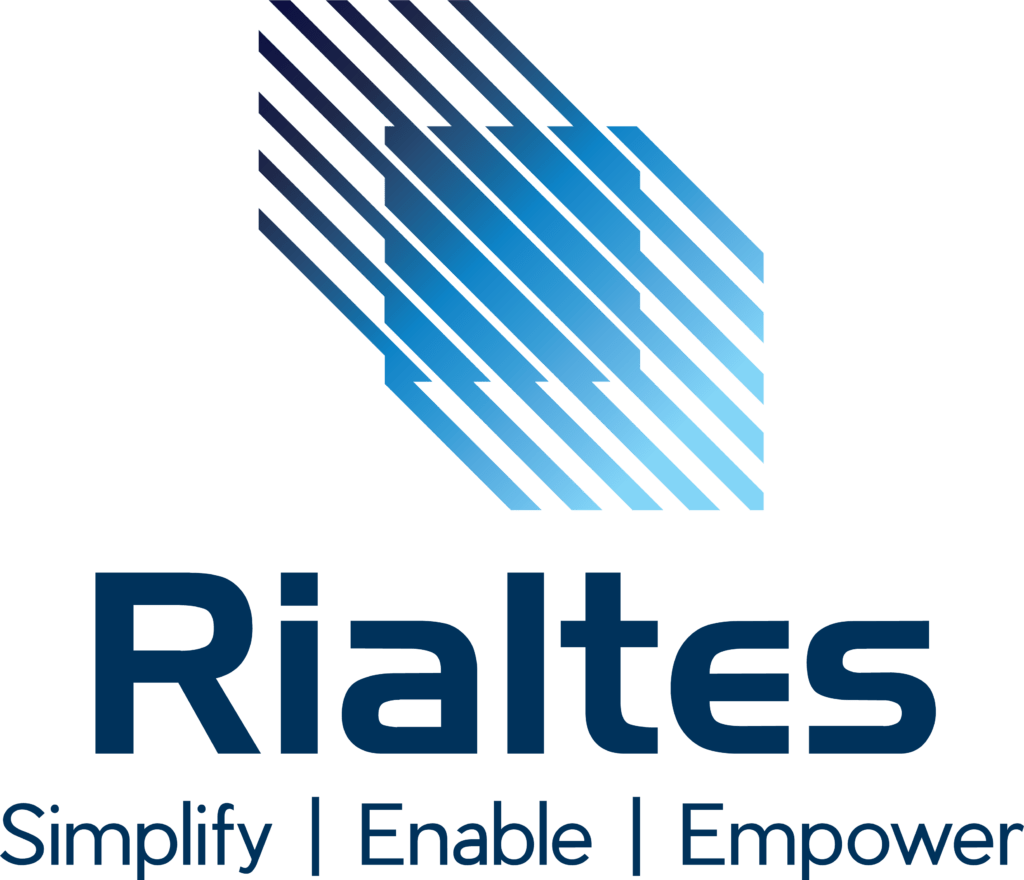Technology has always been a major part of human life and has contributed to major changes, updates, and upgrades in the processes that are in place. From communication, gaming, and online banking, to transportation, all industries have been a part of the technological advancements. However, one major aspect of human life- the medical or pharma industry has always been shy of major technological advancements.
Many sectors now have remote sales and marketing teams due to the COVID-19 epidemic. The pharmaceutical sector is the most important of these because its sales were wholly dependent on in-field communications. However, the pandemic has made face-to-face communication all but impossible. Considering this, the modern pharmaceutical sector is increasingly Salesforce implementation services. However, this does not imply that this Salesforce adaptation is temporary; rather, the sector views this as a visionary move to be there permanently.
Apart from this, some other factors such as inflation, and the introduction of new therapeutic modalities have made it essential for the pharma industry to update in regards to the recent technological trends. In addition to providing a solution for the covid-19 pandemic, the industry was also expected to fulfill the general regular supply for the world, which added some pressure on the industry leaders and operators.
The pharmaceutical sector is undergoing a significant transformation. Artificial intelligence (AI), additive manufacturing, blockchain, and other Sector 4.0 technologies are some of the major trends in the pharmaceutical industry. Innovation in the pharma business is being sparked by rising investments, the expansion of technological companies, the expiration of several important patents, growing inter-organizational cooperation, and a supportive regulatory framework.
Fusion of Pharma and Technology
While one can debate the necessity of the pharma industry to follow technological trends, it is quite evident since the outbreak of the pandemic, how essential it is for the pharma sector to develop as well. Some examples of this fusion are discussed below:
e-prescription
Imagine a situation, where you need some of your medicines urgently but you are not able to find the prescription that the doctor wrote, what happens in this scenario? To avoid the use of paper records, e-prescriptions have been adopted by the healthcare industry, with this the doctor can directly share the patient’s data with the pharmacist, save time, and make the process paperless, and hassle-free. In this situation, you just need to visit the pharmacy, give your details, and get your medicine. Apart from this, the e-prescription process makes the refill an automated process with just a few taps and makes the process convenient for the patient and the pharmacies.
Further, implementing salesforce service cloud helps in the e-prescription process and allows a better flow of communication between the patients and pharma.
3D-printing
So far organ donation has been a life-saving option in the healthcare industry but with enough advancements in the industry, the option of 3D printing has been made available. With a few more advancements the process of printing organs from bioprinters would be made available in the healthcare industry. This process in the coming years could prove to be a milestone and take the healthcare industry to a different level.
Precision Medicine
The concept behind precision medicine is to approach every patient as a distinct individual. Data analytic developments are revealing fresh insights into how the body reacts to medications. Personalized medicine is becoming a reality because of this information and cutting-edge production techniques like additive manufacturing. To identify the optimum dosage for pharmaceuticals based on age, sex, comorbidities, and other clinical characteristics, drug exposure models determine the pharmacokinetic and pharmacodynamic features of drugs.
Data Analytics
The medication discovery and development process generates enormous amounts of data, which the pharmaceutical industry needs to examine. Data management is an important area of concern for pharmaceutical businesses because they need third parties to share data with collaborators. Historical and real-time data held by pharmaceutical companies are becoming significant assets for predictive, diagnostic, prescriptive, and descriptive analytics thanks to the development of analytical methodologies. Additionally, practically all sorts of medical data, including patient records, medical imaging, and hospital data, to mention a few, are used with these analytics tools. The salesforce implementation consultants provide a better insight into the data enabling effective data analysis.
Digital Therapeutics
Implementation of digital therapeutics consists of the use of digital processes such as telemedicine, which allows patients to get consultations from the doctors of their choice in the comfort of their homes. Further, it enabled the patients to receive their prescribed medicines at their homes delivered by the pharmacies. Another aspect of telemedicine is the evolution of healthcare app development company that developed apps for making telemedicine a new world concept.
What’s there to look forward to?
The world has already experienced the need for a technologically advanced pharma industry and has been established that the industry needs to modify some of its processes for better healthcare services.
From the above-discussed examples of technology in the pharma sector, it is evident that with such technological advancements shortly, the pharma industry is going to be one of the leading industries. Among all the listed collaborations, the world is already experiencing some of these, such as telemedicine, e-prescription, precision medicine, and data analytics, however, in a short period and with enough advancements, the world can benefit from other trends such as 3D printing which will elevate the standard of the entire healthcare industry.
With the implementation of technology in the pharma industry, the world has experienced some major upgrades in the healthcare segment. And as technology is advancing with each passing day, the advancements in the pharma industry are going to be revolutionizing as well.
A few advancements to look forward to are the targeted drug delivery system, the implementation of robotics in the manufacturing sector of pharma, use of natural language processing for better interpretation of medical data collected for enhanced and targeted approaches. Among these trends, one possibility is nanotechnology to develop a better drug delivery approach, intravenous administration of smaller particles, and monitoring human vitals by injecting nanochips and sensors with nanotechnology and pharma.
Apart from the advancements in the technical aspects, technological advancements have been going on in other segments as well such as salesforce implementation services for better CRM capabilities, healthcare app development company, and implementing salesforce service cloud for better cloud-based services.





